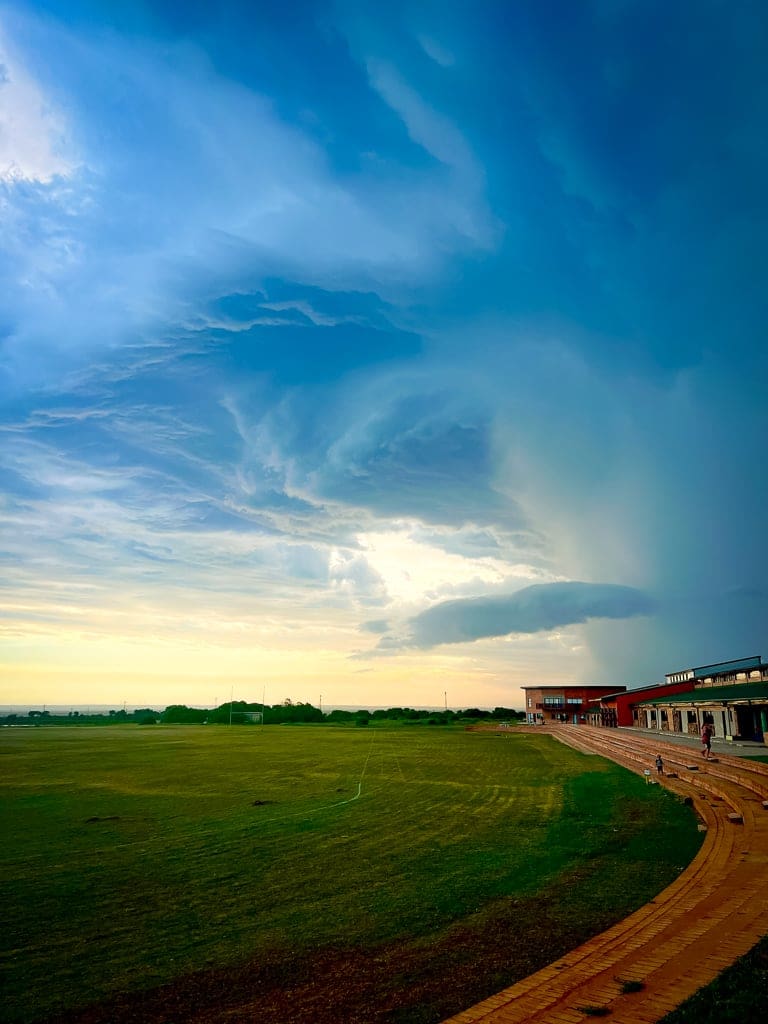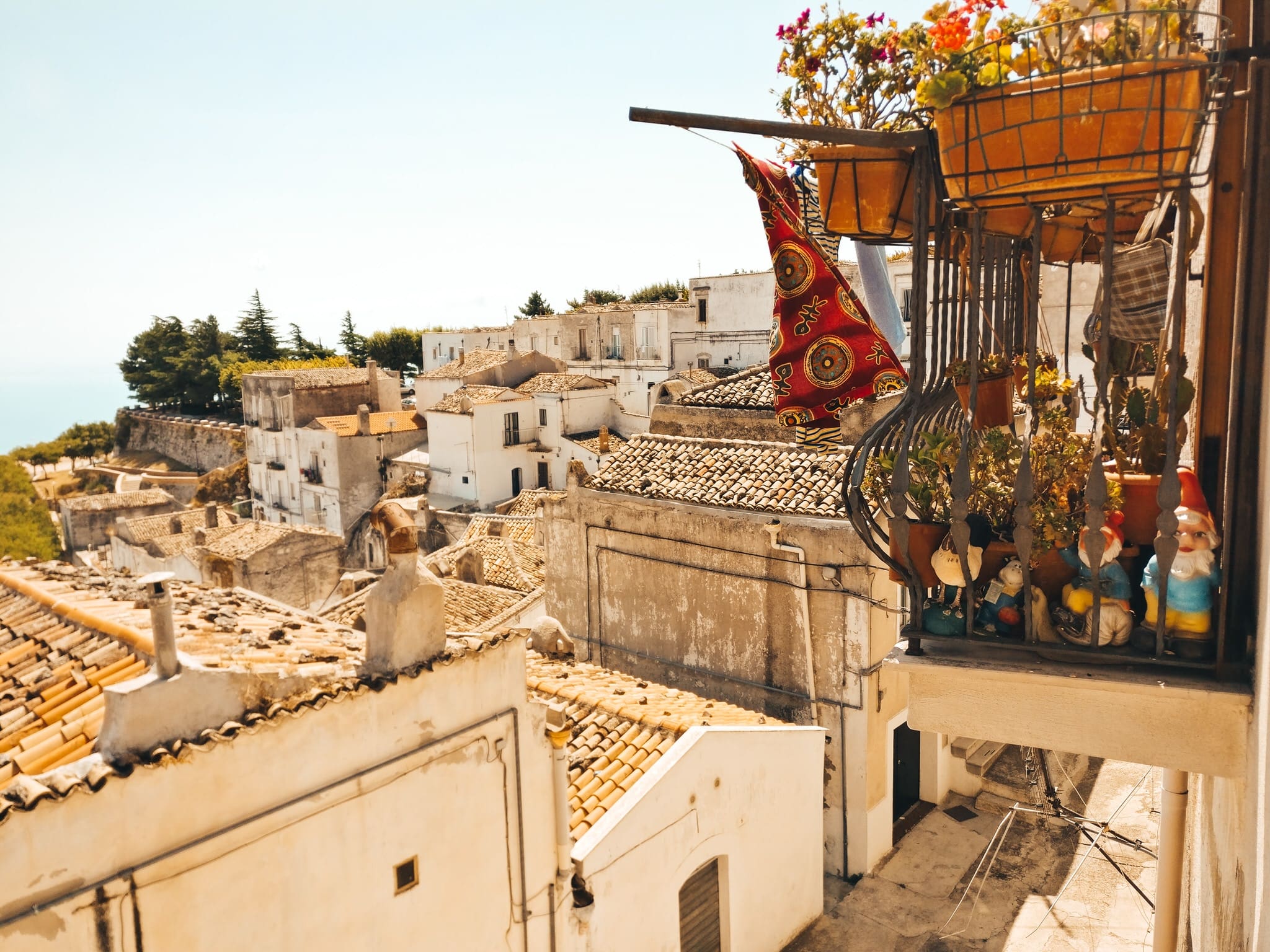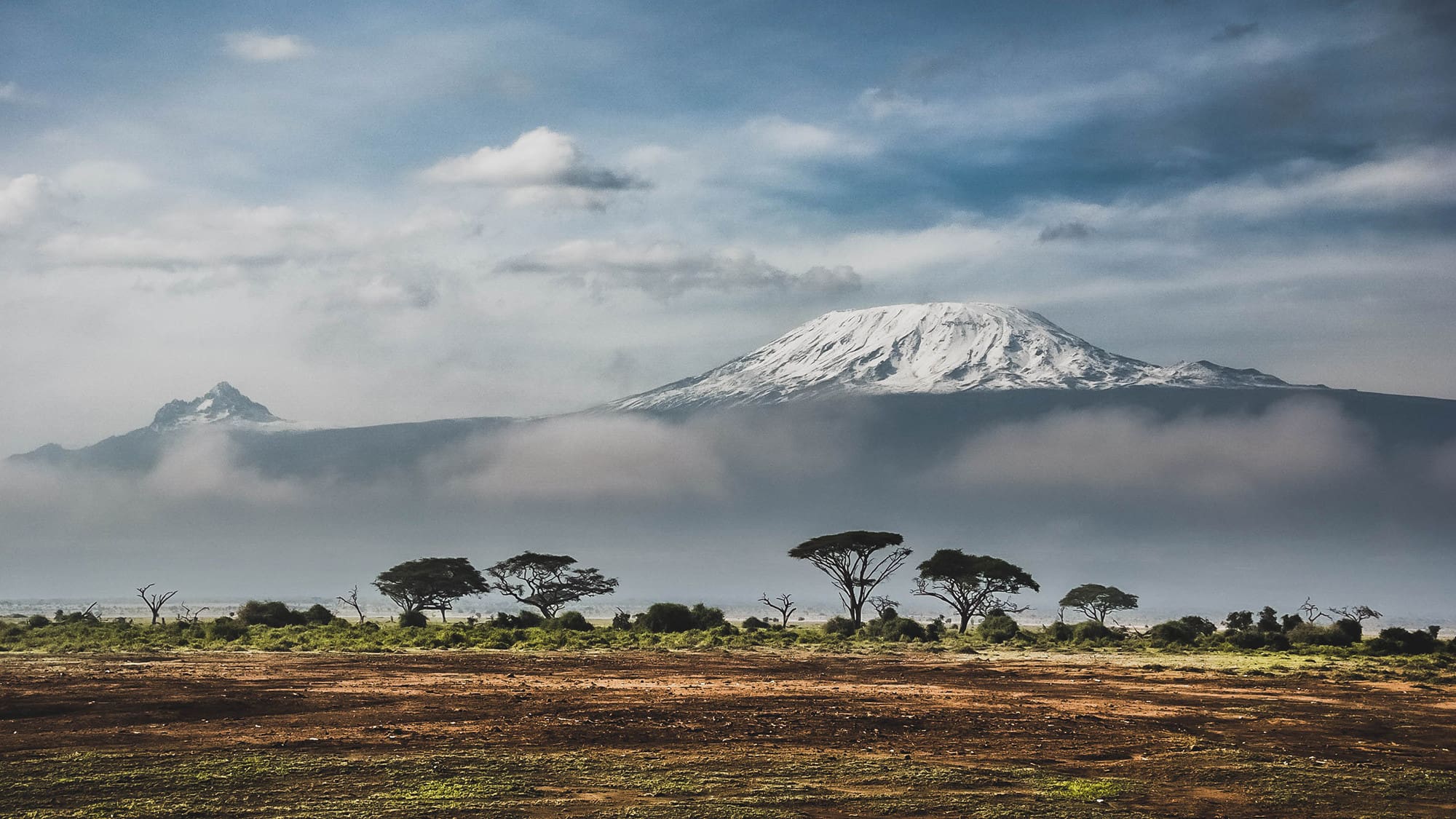There is a story... an Albanian hero, a man called Kastriot.
He fancied himself Skanderbeg... their "Lord Alexander." The name was earned. The man first among all of his equals was the first under which Albanians could call themselves united in purpose. He led in revolt of Ottoman reign for exceeding two decades. For near a decade after his death, Turks were afraid to press their border for fear that the news of his death had reached their ears by treachery.
Slavs and Greeks, crusaders of Pius II, the Venetian mercenaries of fame -- all of these did he command in defense of his home, and of all of these did he command respect.
His legend, yet and to this day, stirs the Albanian heart to their neighbour and nationality...
The eagle watches south and north, west and east.
Standing over the Kosovar mountains, there exists a great solitude in communion with the leaders of the past. The Ibar weeps sore at the feet, and a little lower than eye-level, the highest point of the towering Trepça mine. To the southwest, Albanian Alps. Ten layers, sharp in the fore, middle and background cut the shrouding fog, intimate to the simple Albanian farms below.
North, the mountains distinctly Serbian house the forgotten brotherhood of a common enemy. There are now too many years that lie between them, and to the south and east, Macedonians and Romanians seem also to have forgotten.
A certain feudal terror resides here. The mine is quiet, and does not run anymore... the wind is strong and soft-spoken; out with the words that hang, already, in the air! -- nothing could quiet them.
The wind obeys these words, only biting to the bone the strictly uncovered. And these mountains are allowed their accursed silent whispering among the trees.
One can understand the poison that made a man to send scimitared men, horses and their mounted cavalry, wealth, bit and bridle, the moon and stars over these peaks in conquering fever. Firm, and firmament behind him, one can see the false prophecy that has called many a mad king come in shroud over these at a knife's edge.
But the sun is warm and sweet, and the sky seems to like the pure and lovely. The Father warms his servant's heart to memory.
______________________
The boy runs hard after his elders.
His salient walk, reserved, though still markedly (by waddle) childish, calls him older than he is.
He seems to tire of games quickly. Only those with real staying power catch his attention.
Another had thrown near every ball out of its place in the pit, catching multiple in the head in doing so.
This game was fun for awhile. Shortly after, it had found new attractions: namingly that the other kids, engaged in throwing with all exertion, no longer cared to dive into the ball pit. This one did, with a kind of merciless ruin.
He threw with all exertion his body over the rail and down, helpless, into a mangled mess on the other side.
Having done it once, it had lost its flavour, but still he was not terrified to be so hapless as a result of his perhaps over-confident jump.
Motor function still working itself out, he thought for a moment, limbs in confused twist. Calmly and rather shortly, he then got off of his back and up to the rail, deciding on the way that he ought to be using his time to shut up one entrance of a play house, so as to be its sole proprietor, looking out the other entrance to survey his peers.
All that he did, he did deftly, sweeping motions as come more naturally to adults and teenagers standing out like a cheat code in an age group that seems to do near everything shakily and clumsily and stilted.
He had run up and down ramps, chasing the older ones, though all in business, and with none of the usual exclamation of his age. From time to time as he reached a particular point when climbing, he would look down and mutter some nonsense to himself in a perfectly reasonable language and continue forward.
As he continued, he would sometimes lean back as an artist from a painting, and, sympathetic of the strain of his shorter limbs and confused at his body's lagging behind the small encouragements he occasionally offered it, would frown and try still again to make something else.
The thing which really seemed to gather him up, found as something of representative importance in the furrowed brow, was building. Great blocks not at all meant for the purpose (and, if anyone, not at all meant for him) did he stack, with grunts, into towers and walls.
They were puzzle pieces, initially, their small faces on one side making up a bit of a larger picture.
Confound the picture -- in his arms they became pieces of an astounding, different puzzle. He wanted to make, and make, and make again.
Of course, there was both joy in building, and in knocking down. Cyclically, up went a tower; a height which he could no longer increase was reached. He would knock it down lifting the block for the next height, or step back to approve, and charge it down to begin the next development.
He giggled with a kind of earnest modesty in the bastion of tunnels and slides and steps. Again he picked a spot and called it found. His joy was in the technique of reaching it, insisting by greater speed each new run that he would not allow himself any help. The hand that reached out to help would find air, his scorn of influence in the giggle of reaching the summit... each time, all on what was his own.
Dark brown eyes blinked and thought. A cloud formed over his head to make the thoughts visible. Yet he would undertake each endeavor with such a novel approach that the viewer could only laugh languidly, and wonder at all that was inexhaustible about this little boy.
Given an opportunity to bicker over the favourite circle bike, to hang with the crowd and vie for the turn he was owed, he would announce his intentions briefly in that perfectly reasonable language, and walk off. Having taken a fall, he would contemplate the most... his brow wore the same as before: he felt betrayed by his years and mislead more than hurt.
Unalike with the boy of the ball pit, and the zealous kids at the circle bike, he did not cry, or fight tears, or stifle his feelings. He simply was not hurt. His courage wore even the pain of failure down.
On the bus back to his home with the other kids, he presented everyone the pen he had found in the pocket of his companion. His language, this of a single native speaker, became glistening and decorative, and his eyes gazed upward with the warmth they had been given in the lap of this one-day observer. He talked away contentedly, and the eyes of his companion welled up in sorrow, knowing that their brief goodbye would hurt only him, and the deprivation of departing would be only by one party, felt.
He would be forgotten.
Still the courage possessed by this little pen-wielder steadied him on.
______________________
The realization of the many kingdoms of man swelled back with the sun. It had begun to play an old favorite, waning to a wax-paint on the face of this servant. Ground by the silent wind, Zvechan told its ten-centuries story with the cracking, rolling flag of an illegitimate sovereign.
Scarce could you stand on the walls of the fortress without seeing the paths worn by centuries of fog, grog, rain, warfare. It became easy to imagine both the men who, in their cobbling, laid the wall, and the men who drank there, sloven over a wooden table. Another era has grown over their stories.
For a moment, the swell of a crusade, the word of a sultan, the cry into ambush... why has the little boy returned? Why, to the memory, now?
Upon leaving the children, it had become clear again, the grief of the joyful. As one of them wept, the other prayed. As one of them asked, the other listened intently; this is all that could be had now -- the kids had passed out of their lives. All there was was to know about them.
Each of the ministers of that day had a question about a child. One had held a lame boy and carried him thoroughly about, calling over his body the Word as it came to him. Brenda told him it was a miracle this boy was still alive.
Another had sheltered a girl from the eyes of men. Terror and abuse still lived in her untenable wailing; it rent the heart to see this girl pass to breathless in her screams.
Still another had been called "dad," as he pushed widening eyes, wound up by a bike's little circular path. Even he didn't know what to make of that.
The last spoke up, pen still in-hand. Who was the little one who could so... so easily make an ill-at-ease man feel to the fatherhood?
Brenda asked about the boy. He had fallen, and simply frowned. The ground was a nuisance, and he had places to be. Departing the group, he had walked quietly without, looking not for affirmation, but for the unknown.
'Ahh... The boy's name is Kastriot. He's named after our first national hero.'
In researching, one soon finds the Skanderbeg of Turkish legend fearfully proven in documentation. It had been, in fact, the Ottoman Turks to give this Kastriot the name, "Lord Alexander." It stuck, to spite his (from their side) defecting.
Mentioned also, one will find this: Gjegj Kastrioti only ever signed his name, "Dominus Albaniae"...
Lord of Albania.
Settling his heart at an idyllic home in the valley of two quiet peaks as he labored, the minister's mind now reckoned what the Spirit of Christ had intended: the boy had returned that it might be remembered that there is still a Lord over Albania.
There exists a boy, orphaned by his parents and countrymen, girding the heart of an orphan.
He lives in a house no child deserves, soon to be faced down with a pain no material can reconcile, and, has yet been made to realize his namesake.
There are a good many among the Albanians (for the orphans are many) for whom the Turks could have only named one Lord. Long after His death, all should fear.
Isa Mesih.
Jesus Messiah.
How should the heart not smile at this realization?
The face smiled in the sun thinking of it. Really thinking of it.
"By thinking of things you could understand them."
There are, without, many enemies. There exists, yet, a Lord over all. Skanderbeg long dead, Jezus Krishti yet alive.
The realization of the many kingdoms of man faltered in the light of the sun. The Accursed Mountains grew silent, whispering no more, only in silence being made to call Thee,
"Lord of Albania."
** Sensitive information, including and not limited to, the name(s) of the people with whom we interact may be changed for their privacy and safety.





